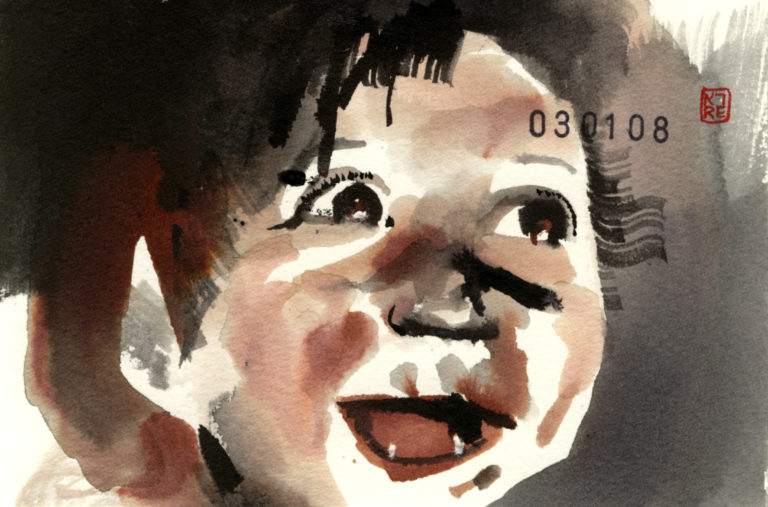October 15, 2009
Malka Haya Fenyvesi + Aziza Hasan
Curiosity Over Assumptions
We shine a light on two young leaders of a new generation of grassroots Muslim-Jewish encounter in Los Angeles. They’re innovating templates of practical relationship that work with reality, acknowledge questions and conflict, yet resolve not to be enemies — whatever the political future of the Middle East may hold.





